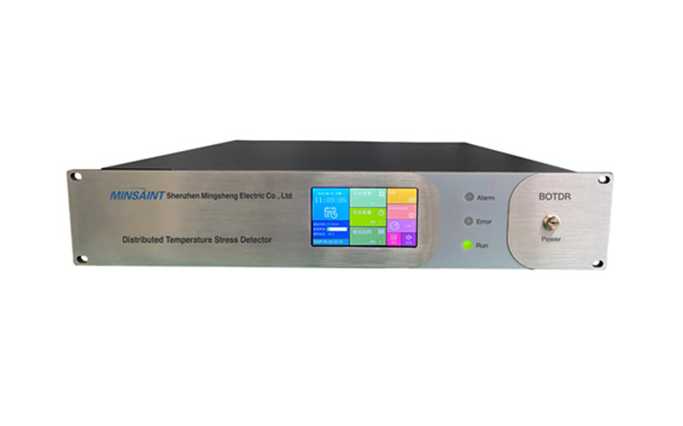In today’s fast-paced world, the importance of maintaining a healthy living environment often gets overshadowed by our busy schedules. One crucial aspect of home maintenance that is frequently overlooked is the practice of airing out your house. While it may seem like a minor task, neglecting to ventilate your home can lead to a myriad of issues that affect not only the air quality but also the overall health of the inhabitants. In this article, we will explore the consequences of failing to air out your house, the science behind indoor air quality, and practical solutions to ensure a healthier living space.
Understanding Indoor Air Quality
Indoor air quality (IAQ) refers to the condition of the air within and around buildings, particularly as it relates to the health and comfort of the occupants. Poor IAQ can result from various factors, including inadequate ventilation, the presence of pollutants, and humidity levels. According to the Environmental Protection Agency (EPA), indoor air can be two to five times more polluted than outdoor air, making it essential to prioritize proper ventilation.
The Consequences of Stagnant Air
- Accumulation of Indoor Pollutants
When a house is not aired out, pollutants such as volatile organic compounds (VOCs), dust, pet dander, and mold spores can accumulate. These substances can originate from household products, building materials, and even human activities. Over time, the concentration of these pollutants can reach levels that pose health risks, particularly for vulnerable populations such as children, the elderly, and individuals with pre-existing respiratory conditions. - Increased Humidity and Mold Growth
Stagnant air can lead to elevated humidity levels, creating an ideal environment for mold and mildew to thrive. Mold not only damages the structural integrity of your home but also releases spores that can trigger allergic reactions and respiratory issues. The presence of mold can also lead to unpleasant odors, further diminishing the comfort of your living space. - Unpleasant Odors
A lack of fresh air circulation can result in musty or stale odors permeating your home. These odors can stem from various sources, including cooking, pets, and even the buildup of dust and dirt. Not only do these smells make your home less inviting, but they can also indicate underlying issues with air quality that need to be addressed. - Negative Impact on Mental Health
The psychological effects of poor indoor air quality are often underestimated. Studies have shown that inadequate ventilation can lead to increased feelings of fatigue, irritability, and even depression. A well-ventilated home, on the other hand, promotes a sense of well-being and can enhance cognitive function. - Higher Energy Costs
Surprisingly, failing to air out your house can also lead to increased energy costs. Stagnant air can cause your heating and cooling systems to work harder to maintain comfortable temperatures, leading to higher utility bills. Proper ventilation helps regulate temperature and humidity levels, making your home more energy-efficient.
Practical Solutions for Better Air Quality
- Regular Ventilation
Make it a habit to open windows and doors regularly to allow fresh air to circulate. Aim for at least 15-30 minutes of ventilation each day, especially after cooking or cleaning. - Use Exhaust Fans
Install and utilize exhaust fans in areas prone to moisture, such as kitchens and bathrooms. These fans help expel humid air and reduce the risk of mold growth. - Invest in Air Purifiers
Consider using high-efficiency particulate air (HEPA) purifiers to filter out pollutants and allergens from the air. These devices can significantly improve indoor air quality, especially in homes with pets or smokers. - Monitor Humidity Levels
Use a hygrometer to keep track of indoor humidity levels. Ideally, indoor humidity should be maintained between 30-50%. If levels exceed this range, consider using a dehumidifier. - Regular Cleaning
Frequent cleaning can help reduce the buildup of dust, allergens, and other pollutants. Focus on areas that are often neglected, such as behind appliances and under furniture.
Conclusion
Failing to air out your house can have far-reaching consequences that affect both your health and your home. By understanding the importance of indoor air quality and implementing practical solutions, you can create a healthier living environment for yourself and your loved ones. Remember, a breath of fresh air is not just a luxury; it’s a necessity for a vibrant and healthy home. Prioritize ventilation today to safeguard your well-being tomorrow.




